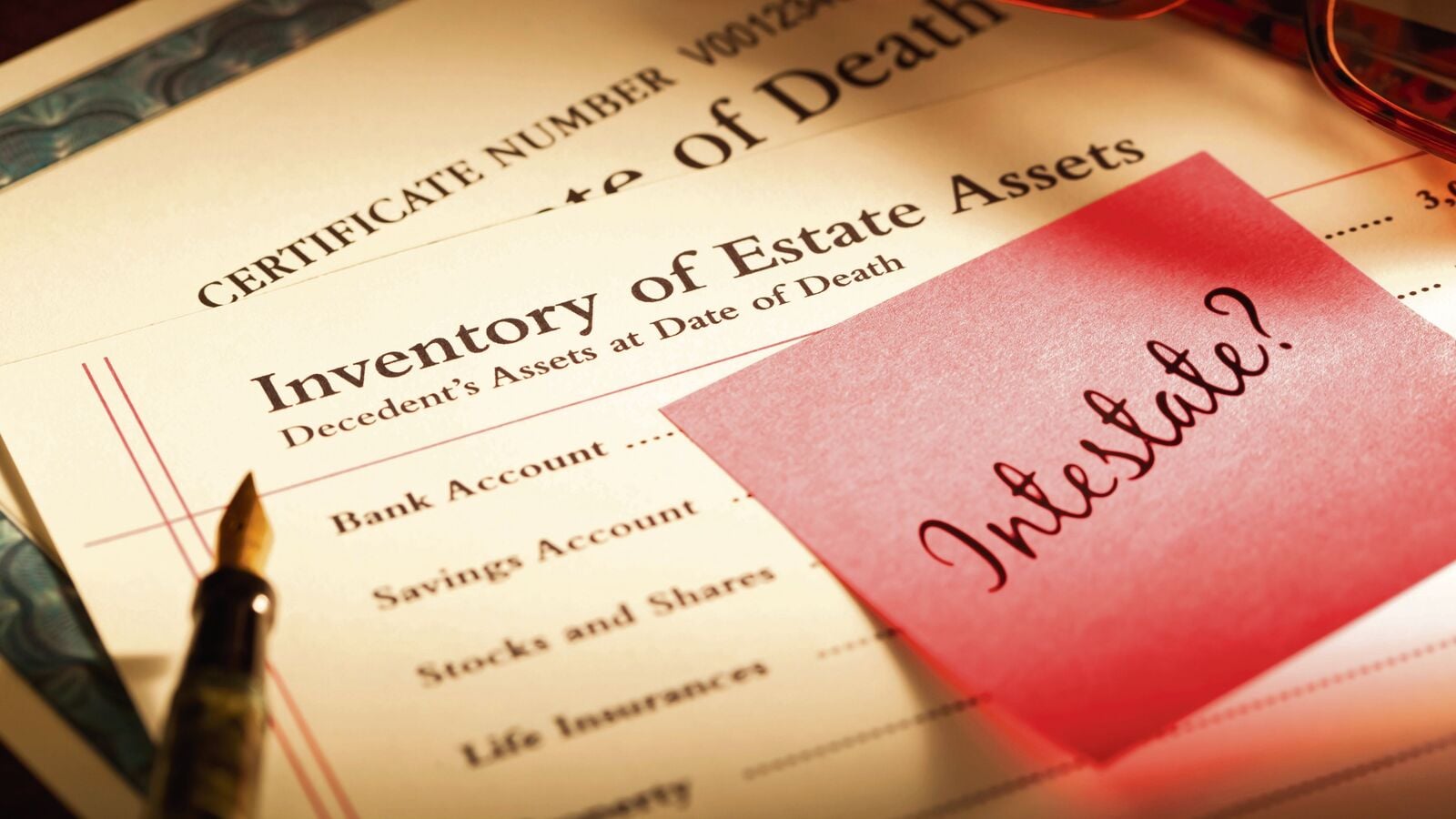If you regularly invest in financial assets and have recently redeemed some of your investments, it is worth noting that the profits you make from these gains are subject to capital gains tax.
As we move into the run-up to Budget 2025, it is worth recalling that the previous Budget, announced on July 23, 2024, revised capital gains tax for both financial and non-financial assets.
Here we provide an overview of capital gains tax relating to financial assets:
Listed securities
Short-term gains: If you sell the shares of a publicly traded company within one year of purchase, you are required to pay 20 percent tax on the capital gains (plus 4 percent tax).
Long term profit: When a publicly traded company’s securities are sold more than one year after purchase, investors are expected to pay 12.5 percent income tax (plus tax). However, the total profit is maximum ₹1.25 lakh per year is exempt from tax.
Debts and bonds
Unlisted bonds and debentures, debt mutual funds and market-linked bonds attract tax on capital gains at applicable rates. This is regardless of the retention period. This means that if a taxpayer falls under the 20 percent tax bracket, he or she must pay 20 percent income tax. On the other hand, if a taxpayer falls under the 30 percent tax bracket, he has to pay 30 percent income tax.
Illustrations
Here we create four scenarios to determine the applicable tax rate in each case. Let’s assume the taxpayer falls under the 20 percent tax bracket. We check how much capital gains tax he has to pay.
In the table above, the first scenario imposes a 20 percent tax because it involves a short-term capital gain. In the second scenario, 0 percent tax is levied as the total profit during the year is less than Rs 1.25 lakh.
In the third scenario, a tax rate of 12.5 percent applies because it concerns long-term profits. And in the fourth scenario, the tax rate based on his salary bracket applies.
Unlisted securities
It is worth noting that unlisted financial assets must be held for at least two years to be classified as long-term. If an unlisted asset is sold in less than two years, the short-term capital gains tax will be payable.











